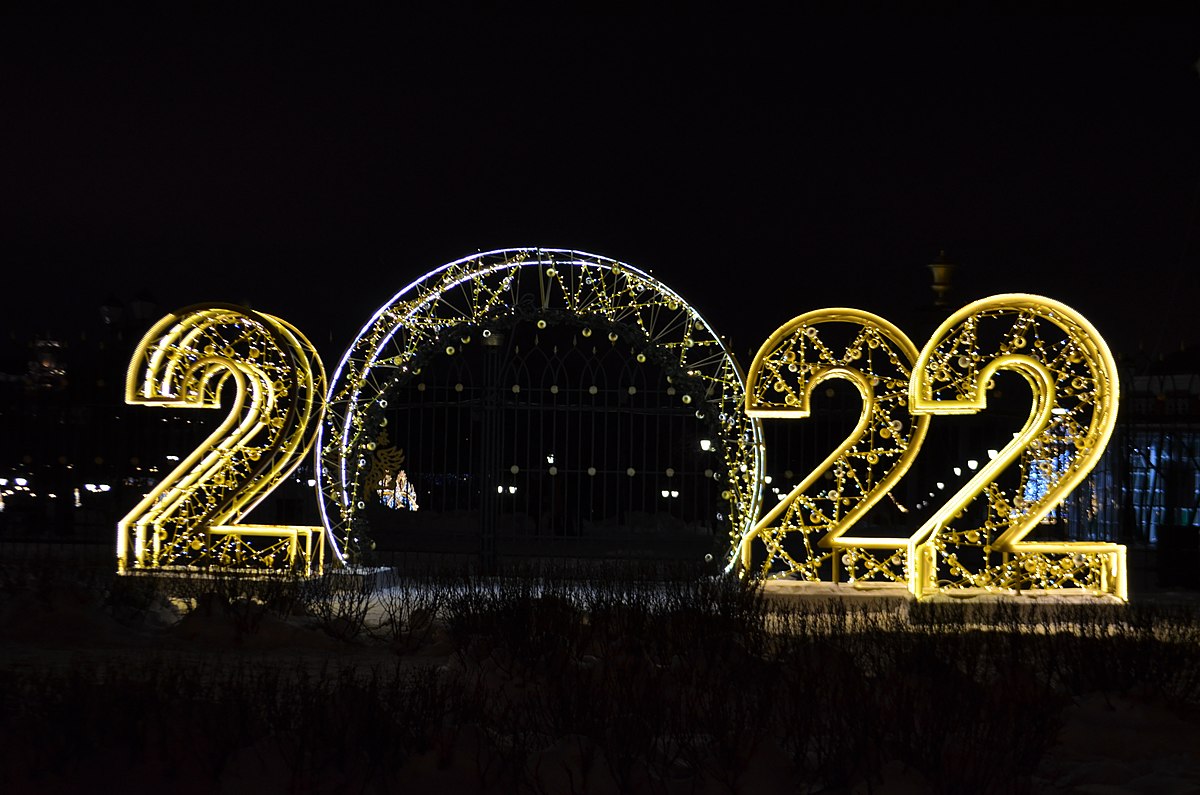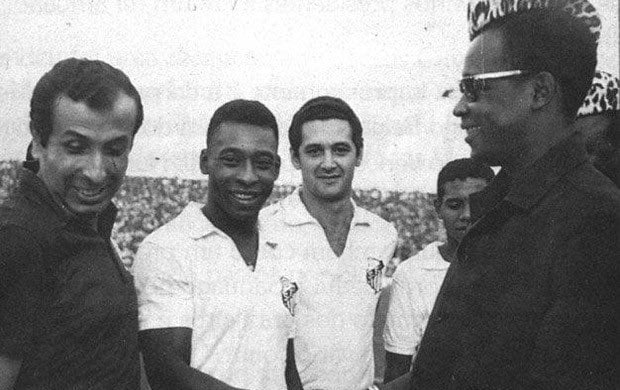Omobolanle Raheem’s murder by a police officer in Lagos on Sunday reveals more about governance in Nigeria than mere police brutality. The sad event shows the lack of respect for lives, the short attention span of those who lead us, as well as the seeming intentional deceit in high places.
If the failure to ensure a total reform of the police made by the government in the fall out of the #ENDSARS protests in 2020 is not deliberate, it then must mean that our government is confused about what it means to reform the police. That is just as the full import of events like this on the families of victims and the psyche of Nigerians is lost on them.
You will understand what I mean if you are able to watch the video of the deceased’s mother, which circulated on Tuesday. Speaking during a visit by the commissioner of police in Lagos state, Mrs. Salami painted the picture of a soulless, ungoverned society where, as English philosopher Thomas Hobbes argues in his book, Leviathan, life is solitary, poor, nasty, brutish, and short.” From the old woman’s grief, you can imagine the overwhelming sorrow and agony caused by the wanton recklessness and irresponsibility of the bad eggs in the law enforcement agencies.
President Muhammadu Buhari and Governor Babajide Sanwo-Olu also showed this sense of disconnect in their reactions to the incident.
Advertisement
In the president’s case, reports from a statement, signed by his senior special assistant, media and publicity, Garba Shehu, said he described the crime as “a stark reminder of the recurring mishandling of weapons.” Really? Is this not more about the fitness of some of those engage by the police and the lack of discipline in the institution?
The statement also said it was a “wakeup call to law enforcement agencies, including the police, to ensure the full implementation of reforms instituted by the administration on the subject of weapons handling as well as the protection of the rights of citizens.”
I do not find this statement useful in the circumstance. Hinging the implementation of whatever reforms, the government plans on the security agencies when there is a cabinet minister in charge of the police does sound like any concrete reform is going on. And that is not surprising in an environment where the Police Affairs Commission and the Inspector General of Police are unable to work amicably.
Advertisement
Sanwo-Olu, whose reaction was commendably more prompt, spit fire. He said his government will not sit back and watch citizens being killed. He also assured that justice would be served and speedily too. An aspect of Sunday’s statement that is identical to the December 7, 2022, statement on the death of another citizen, Gafaru Buraimoh, by policemen from the same Ajiwe police station in Ajah. But investigations are still dragging in that case despite promises.
Now, this is where you get the sense of our leader’s disconnect from the real effect of this assault on the lives of ordinary Nigerians. There are rogue policemen inflicting pain on, and brutalising people everywhere in the world, but the challenge in Nigeria is the level of transparency surrounding accountability and recompense. Trials in situations like this should be speedy and devoid of any opacity, but Nigeria hardly ever has this. Not even the #ENDSARS protests appear to have precipitated much change.
I suspected this much in the piece entitled “Like Nigeria, like Nigerian Police,” published on November 19, 2020. I wrote in the article: “Forgive my scepticism, but the federal government’s immediate reaction to the #ENDSARS protests that hit Nigeria like a thunderbolt in October does not assure an enduring reform. Agreeing to end the Special Anti-Robbery Squad (SARS) in line with popular demand but replacing it with a Special Weapon and Tactics Team (SWAT) smells like nothing but a knee-jerk reaction motivated by deceptive populism. Here is why I say so.
“Although operatives of SARS were the immediate reference points for the various cases of brutality and other malfeasances that the Nigerian Police is accused of the obvious truth is that the entire police force is a sorry case of what a national police entity should be. SARS and its operatives were only one or two fingers in a hand ravaged by leprosy. What that says about ending the nuisance that SARS became is neither a change of name nor the deployment of a new set of personnel from the same rotten house of the police. It does seem that after the change of name and the conclusion of the work of the panels of inquiry set up in some of the states, the government assumed that its work with the police was done and dusted. But that is not even the start.” Events in the past two years indicate Nigerian leaders do not understand what to do with police reforms.
Advertisement
In his book Boldly Comes Justice: Sentient, Not Silent, India-born author and peace advocate, Abhijit Naskar suggests that “police is not a profession, but a promise of protection.” He says further that the sole concern of those who wear badges must be society. “Your allegiance is only to the people; their welfare will rescue your humanity.” Nigerian political leaders who use the police as instruments of oppression against the common man, must understand this when they talk about reforming the institution.
To make any impact, the place to start with the reform of the police is the minds of the personnel. The late chief executive of the German sports car maker Porsche, Peter Schutz, said: “Hire character, train skill.” There can be no greater demand for qualification in a police force that hopes to serve the people. This is the foundation of the trust that society has in its policemen, without which the police cannot function well.
In his 1948 book, the British police historian Charles Reith identified nine principles that guided the founders of the Metropolitan Police. All nine, known as the Peelian Principles, revolving around the people-centred nature of the police.
For instance, one of the principles admonishes members of the police to recognise that “the power of the police to fulfil their functions and duties is dependent on public approval of their existence, actions, and behaviour, and on their ability to secure and maintain public respect.
Advertisement
Another one says that the police must: “recognise always that the test of police efficiency is the absence of crime and disorder and not the visible evidence of police action in dealing with them.” Here, law enforcement agents are high on the power of the gun issued to them by the people and unleash terror on them.
There is also the issue of discipline. Every inspector-general issues instructions about the eradication of roadblocks, where most of these extrajudicial killings happen. But their men flout this instruction without consequences. The police in Nigeria are on a reign of impunity.
Advertisement
This brings up questions about corruption. And you wonder what takes an assistant superintendent of police (ASP) onto the road for a stop and search exercise. This is a man who is said to have served the police for 33 years! What is also the protocol for the issuance and usage of arms and ammunition in the Nigerian police. Does anyone account? Events over the years suggest otherwise.
To positively reform the Nigerian police, therefore, there is nothing as expedient as having a humane police force that sees itself as a servant of the people and has respect for lives.
Advertisement
Attention must also be paid to the welfare of policemen from recruitment until retirement. While one can take it for granted that vehicles and their maintenance would be the priority of those leading the reform, it should be said that those police officers can only do so much in these days of sophisticated crime practises without forensic identity machines, up-to-date crime data, and other modern means of crime detection.
Even now, everyone has moved on from the loss of this lady, who is obviously an inspiration to many. A five-year-old has been denied of a mother, whom she is just getting to know. Omobolanle’s death is now the problem of her husband, her aged mother and so many others than she may have touched. Nigeria is moving on until another person gets caught in the recklessness of the same people meant to protect them.
Advertisement
Adedokun can be reached on Twitter @niranadedokun
Views expressed by contributors are strictly personal and not of TheCable.
Add a comment







